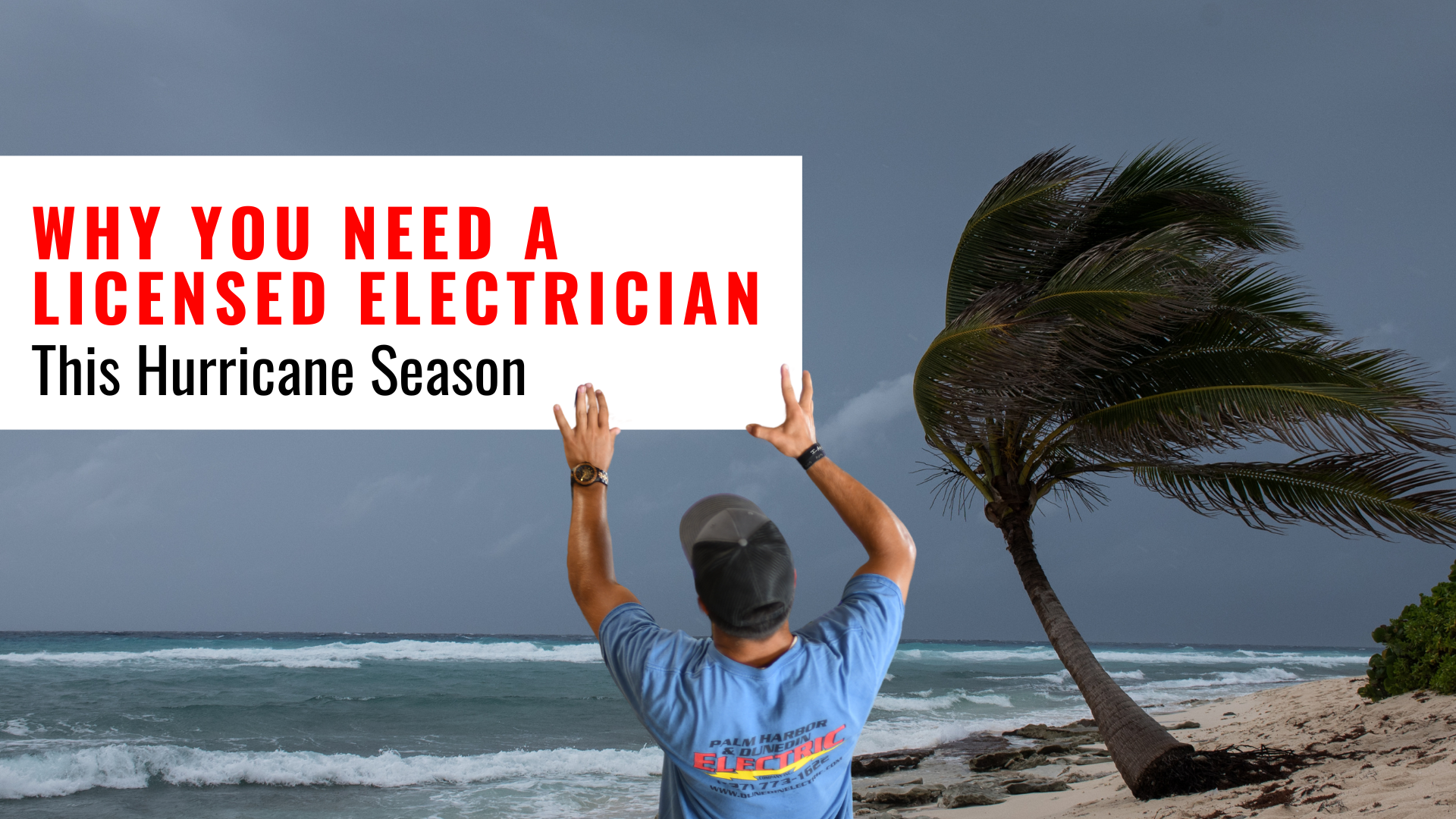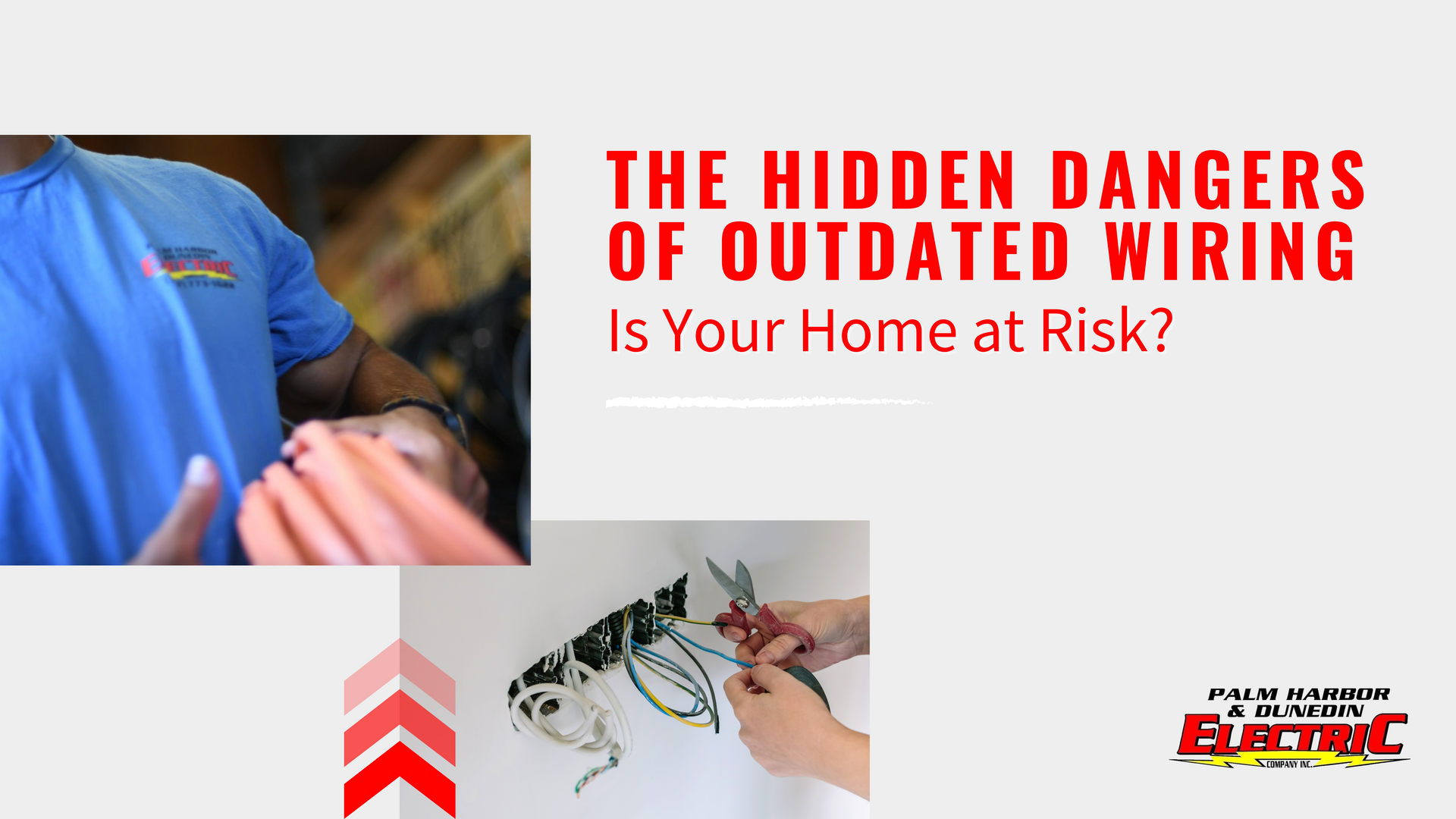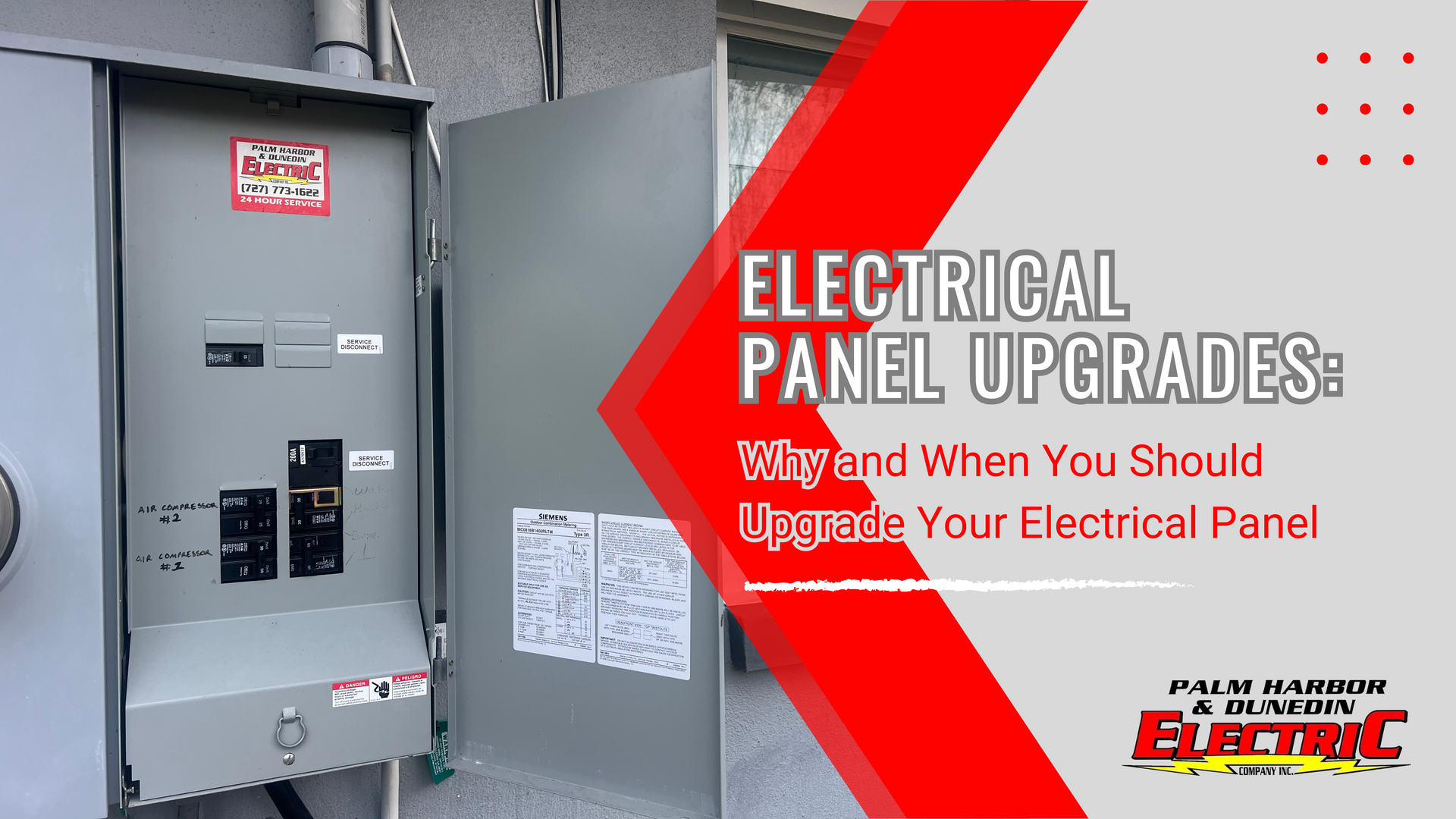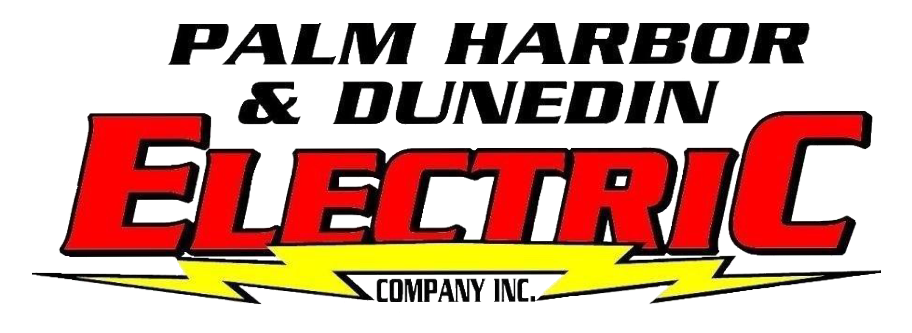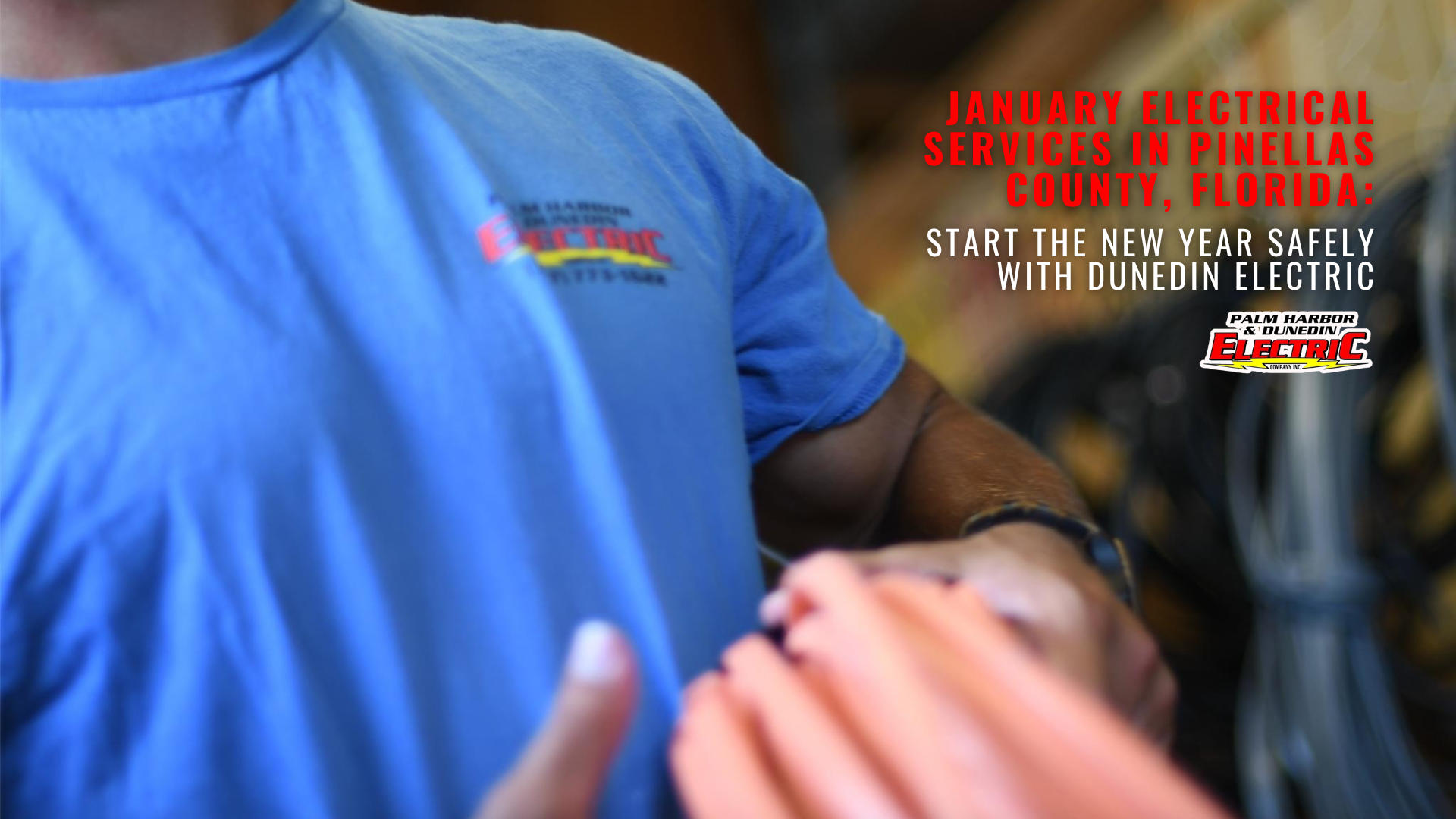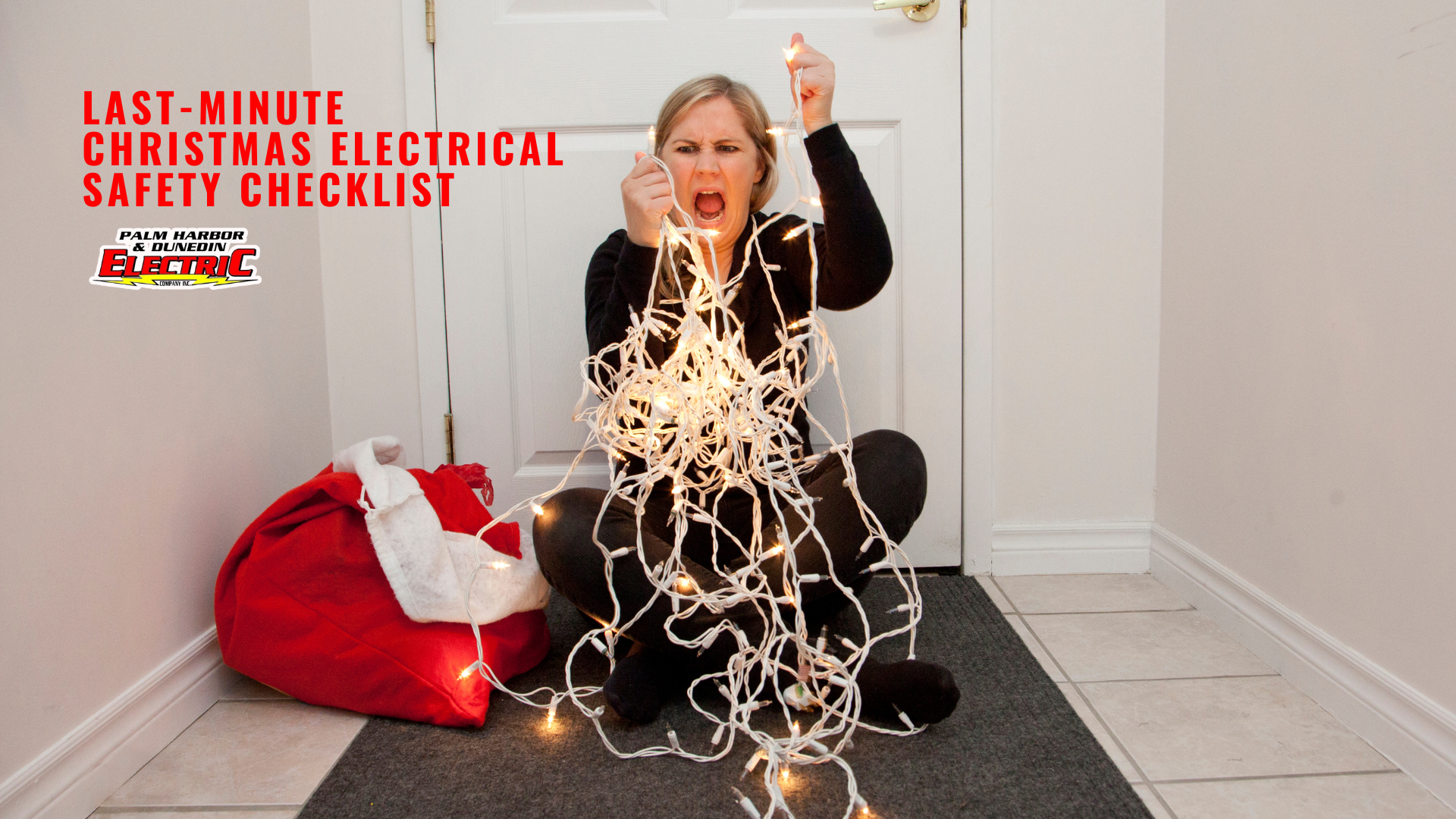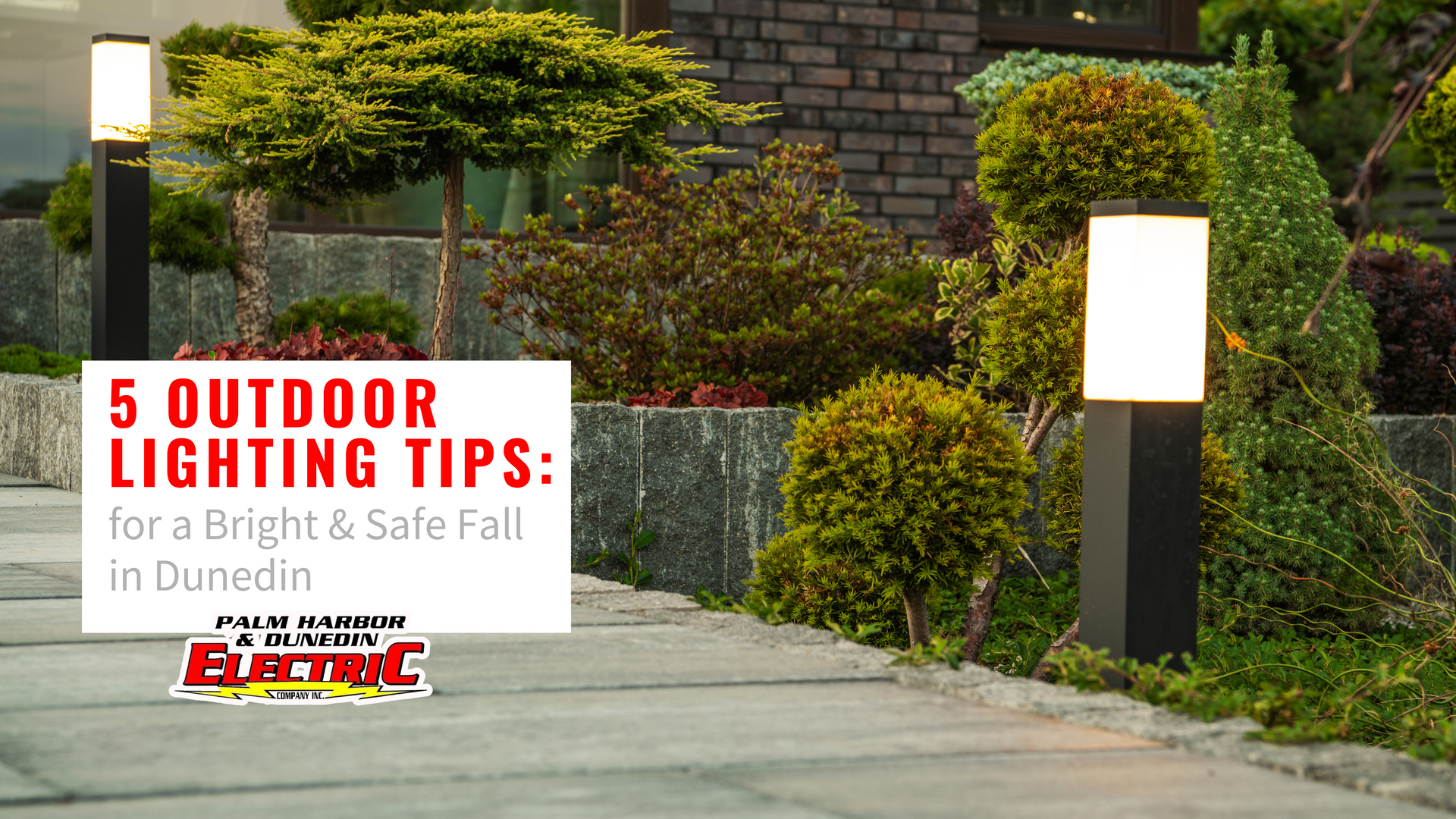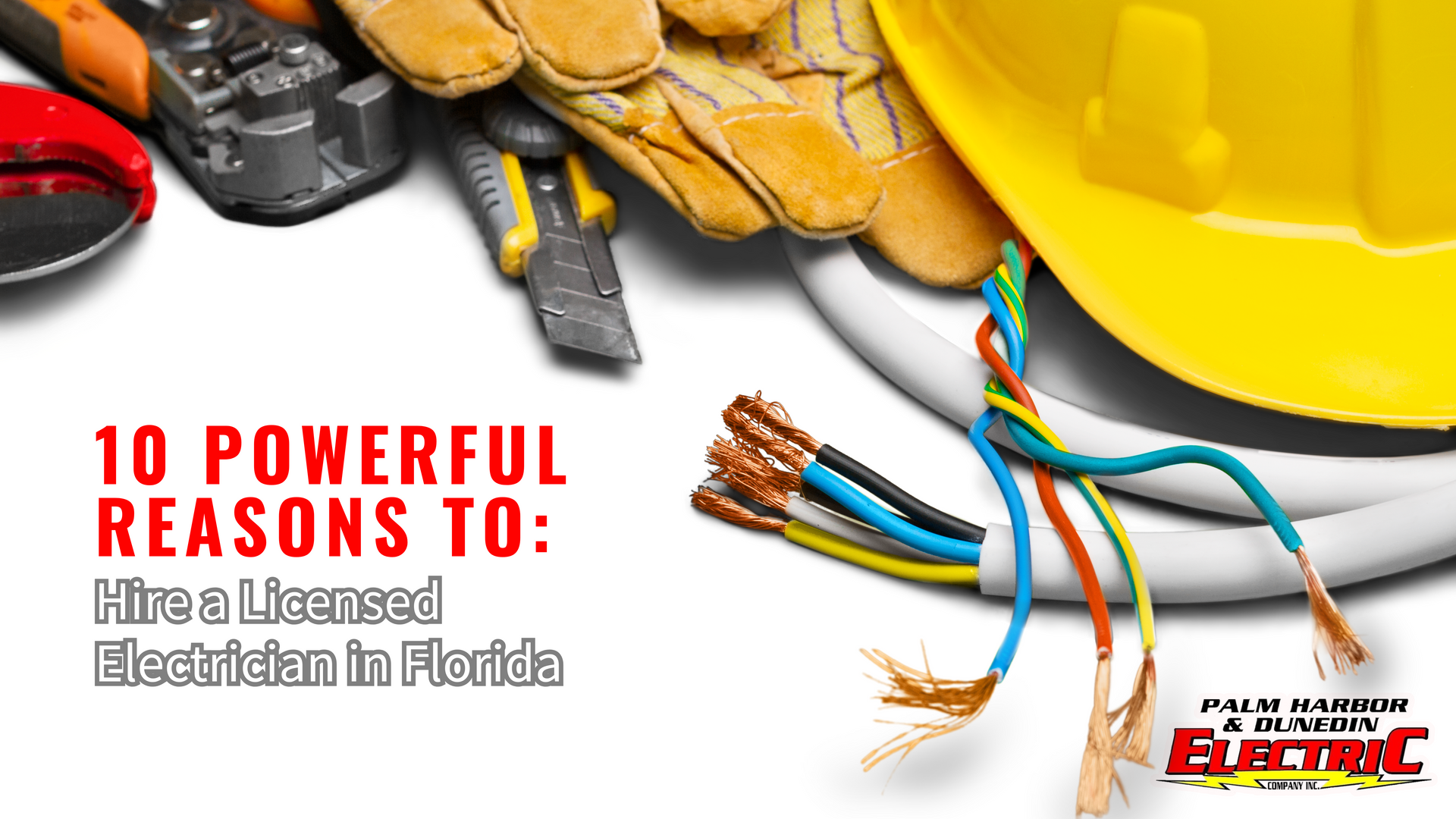Don’t Overload Your Outlets: Electrical Safety Tips from Dunedin Electric
Don’t Overload Your Outlets: Electrical Safety Tips from Dunedin Electric
Electricity keeps our homes comfortable and convenient—but it can also become dangerous when misused. One of the most common (and preventable) electrical hazards is overloading outlets. At Dunedin Electric, we’ve seen firsthand how something as simple as plugging in too many devices can lead to serious electrical problems—or even fires.
Here’s what every homeowner should know about preventing outlet overloads and keeping your electrical system safe.
What Does It Mean to Overload an Outlet?
When you plug too many devices into one outlet, or use multiple power strips on the same circuit, you’re asking that outlet to deliver more power than it’s designed for. Standard household outlets typically handle 15 to 20 amps. Exceeding that limit can cause wiring to overheat, damage your equipment, and increase the risk of electrical fires.
- If your home is older or hasn’t had an electrical inspection in a while, it’s even more important to be cautious—your system may not be built for today’s power demands.
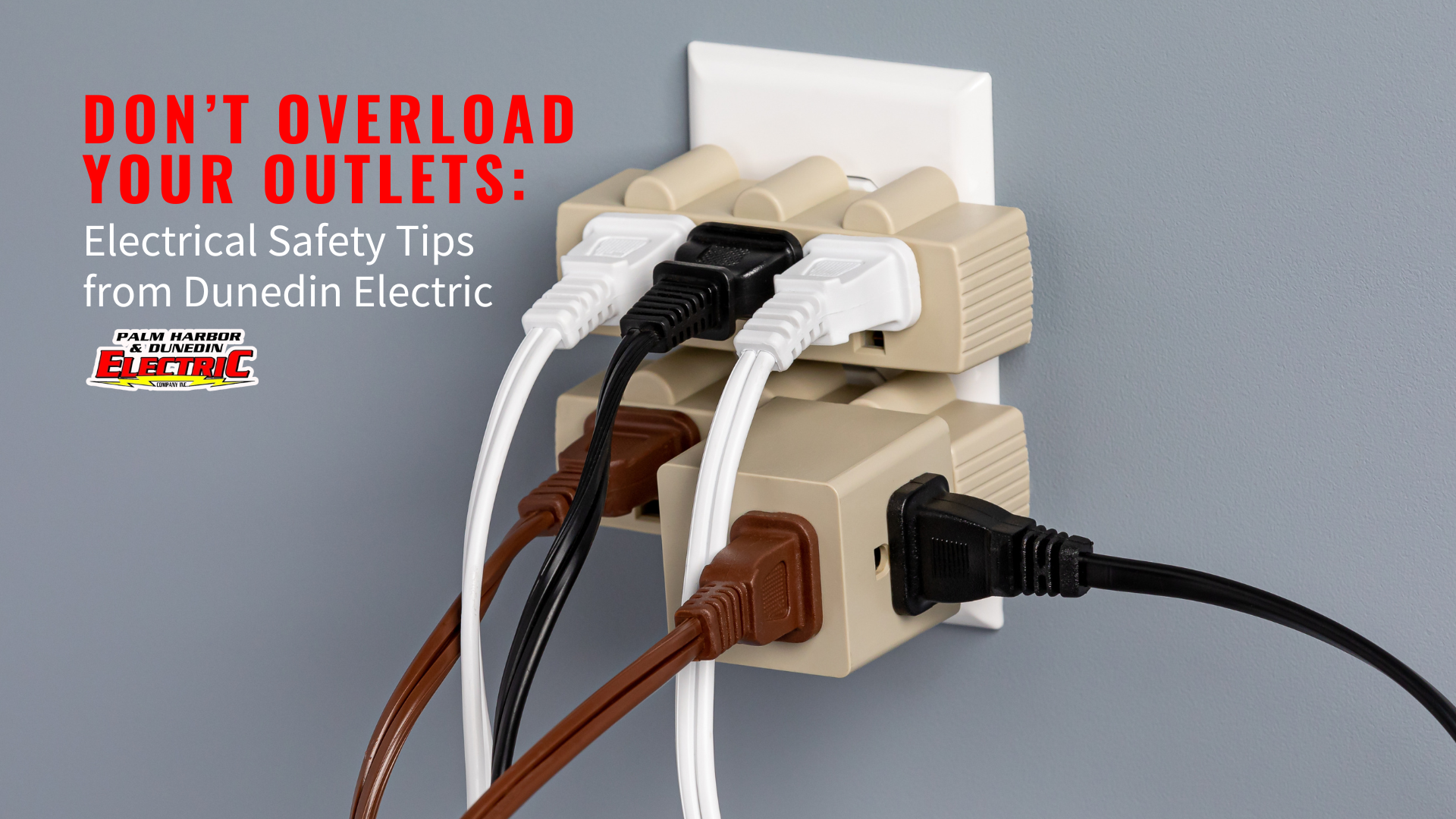
The Hidden Dangers of Overloaded Outlets
Overloaded electrical outlets aren’t just a nuisance—they’re a genuine fire hazard. The U.S. Fire Administration reports that thousands of residential fires each year start with electrical issues, many of which begin at outlets or wiring.
Here are some of the biggest risks:
- 🔥 Fire hazards from overheated wiring
- ⚡ Power surges that damage appliances and electronics
- 🚫 Tripped breakers or blown fuses disrupting your home’s power
- ⚠️ Electric shock risks from damaged cords or outlets
If you suspect an outlet is being overused, unplug a few devices right away and have it checked by a licensed electrician in Dunedin.
Signs You Might Be Overloading an Outlet
Not sure if you’re overloading your outlets? Watch for these warning signs:
- Lights flicker or dim when plugging in appliances
- Outlet or plug feels warm to the touch
- A faint burning smell or crackling sound near outlets
- Circuit breakers trip frequently
- You rely heavily on power strips or extension cords
These are all signals that your electrical system is working too hard—and that it’s time to take action.
How to Prevent Outlet Overload
Here are a few smart electrical safety tips from the experts at Dunedin Electric:
- Distribute devices evenly across outlets and rooms.
- Use surge-protected power strips, but never connect one power strip to another (“daisy-chaining”).
- Unplug appliances that aren’t in use—especially high-draw ones like space heaters, hair dryers, or air fryers.
- Label your circuits to know which outlets share the same breaker.
- Schedule a professional inspection if your home’s electrical system is older or frequently trips breakers.
A few simple precautions can go a long way toward preventing overloads and keeping your home safe.
Need More Power? Upgrade Your Home’s Electrical System
If you find yourself constantly running out of outlets or relying on extension cords, your home might simply need more capacity. Upgrading your electrical panel or adding dedicated circuits for high-demand areas (like kitchens or home offices) can make a big difference.
At Dunedin Electric, our licensed electricians can assess your current setup and recommend safe, cost-effective upgrades that fit your family’s needs.
Stay Safe with Dunedin Electric
Overloaded outlets are one of the easiest electrical problems to prevent—once you know what to look for. Protect your home and your loved ones by practicing smart electrical safety and getting help from professionals you can trust.
If you notice signs of overload or want to schedule a safety inspection, contact Dunedin Electric today.
👉
Visit www.dunedinelectric.com or call us to schedule your service.
